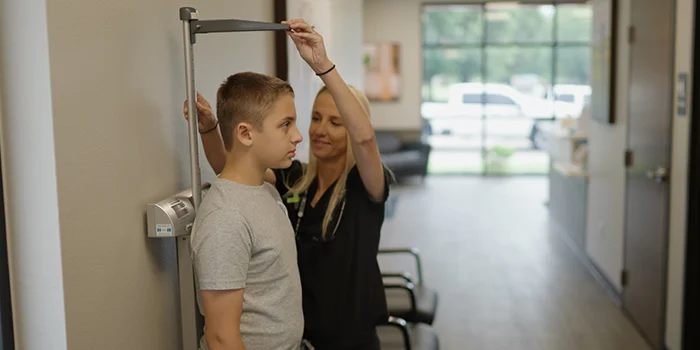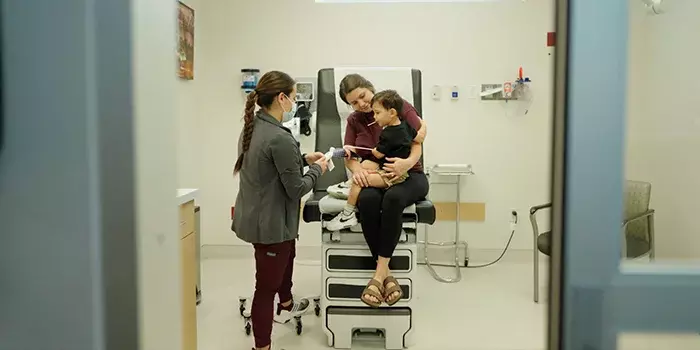This blog is part of a series of blog posts designed to serve as a quick reference guide. Each will focus on a sudden injury or illness and is designed to help you make an informed decision on a plan of action when the unexpected happens.
The feelings of nausea and dizziness. The sight of food is repulsive. The panic that sets in when you only have seconds to find a toilet. These are the symptoms that one might experience when the stomach bug hits. It’s commonly spread from household to household anytime from November to April. However, there is a specific type of gastrointestinal illness called Norovirus that is extremely contagious. Norovirus is an infection that is not necessarily dangerous but can keep you home for several days. Young children, older adults, and anyone with an underlying disease may experience additional complications or symptoms from the virus for a longer period. It’s important to know not only what symptoms to look out for, but also what you can do to prevent contracting norovirus.
Where Does Norovirus Come from and How Do I Avoid It?
You can contract norovirus by eating contaminated food, drinking contaminated water, or eating food that was prepared by someone who is sick. Most people contract norovirus by being in close proximity to someone who is already sick. Schools, day care centers, nursing homes, and hotels or cruise ships are the perfect places for this virus to spread. Norovirus is known as the “perfect pathogen” because it is easily passed from person to person and difficult to kill. This makes avoiding the virus extremely difficult. However, you can fend off this nasty virus by washing your hands with soap and water—especially after using the restroom or changing a diaper. Wash your fruits and vegetables before cooking or consuming, and avoid eating food prepared by someone who is sick. If someone in your family is sick and you must clean up after them, dispose of vomit or fecal matter carefully to avoid spreading norovirus through the air. Disinfect any affected area with a chlorine-bleach solution and avoid travel, school, or work until your symptoms have subsided.
The Symptoms of Norovirus
If you contract norovirus, you can anticipate a few days of nausea, vomiting, abdominal pain or cramping, diarrhea, muscle pain, and potentially a low-grade fever. These symptoms will typically occur within 12-48 hours of exposure to the virus. You may experience a variety of symptoms for up to three days. Diarrhea and vomiting can easily lead to dehydration, especially in young children and older adults, so it is important to stay hydrated. Consider sports drinks or over the counter rehydration fluids to help you replace lost fluids. Avoid alcoholic beverages or caffeine during the time symptoms are prevalent. It is important that you stay home from work or school until you no longer have any symptoms since this virus is extremely contagious. Make sure you wash your hands frequently and avoid close contact with others as much as possible for up to two weeks once symptoms have subsided. During this time, the virus may still be in your system and could make someone else sick.
When Should I Call My Doctor?
As a viral infection, norovirus cannot be treated with a prescription, so you may not need to see a doctor. However, if your diarrhea lasts longer than two to three days or you experience signs of dehydration, contact your physician. Call your doctor immediately if you have an underlying disease before contracting norovirus. Both Integrity Urgent Care locations are open daily from 8 am – 8 pm. Walk-ins are encouraged, and appointments are never necessary. We’re only a phone call away if you need more information.
Sources: https://www.cdc.gov/norovirus/about/
https://www.mayoclinic.org/diseases-conditions/norovirus/symptoms-causes/syc-20355296
http://www.ideastream.org/news/the-virus-named-after-an-ohio-city






